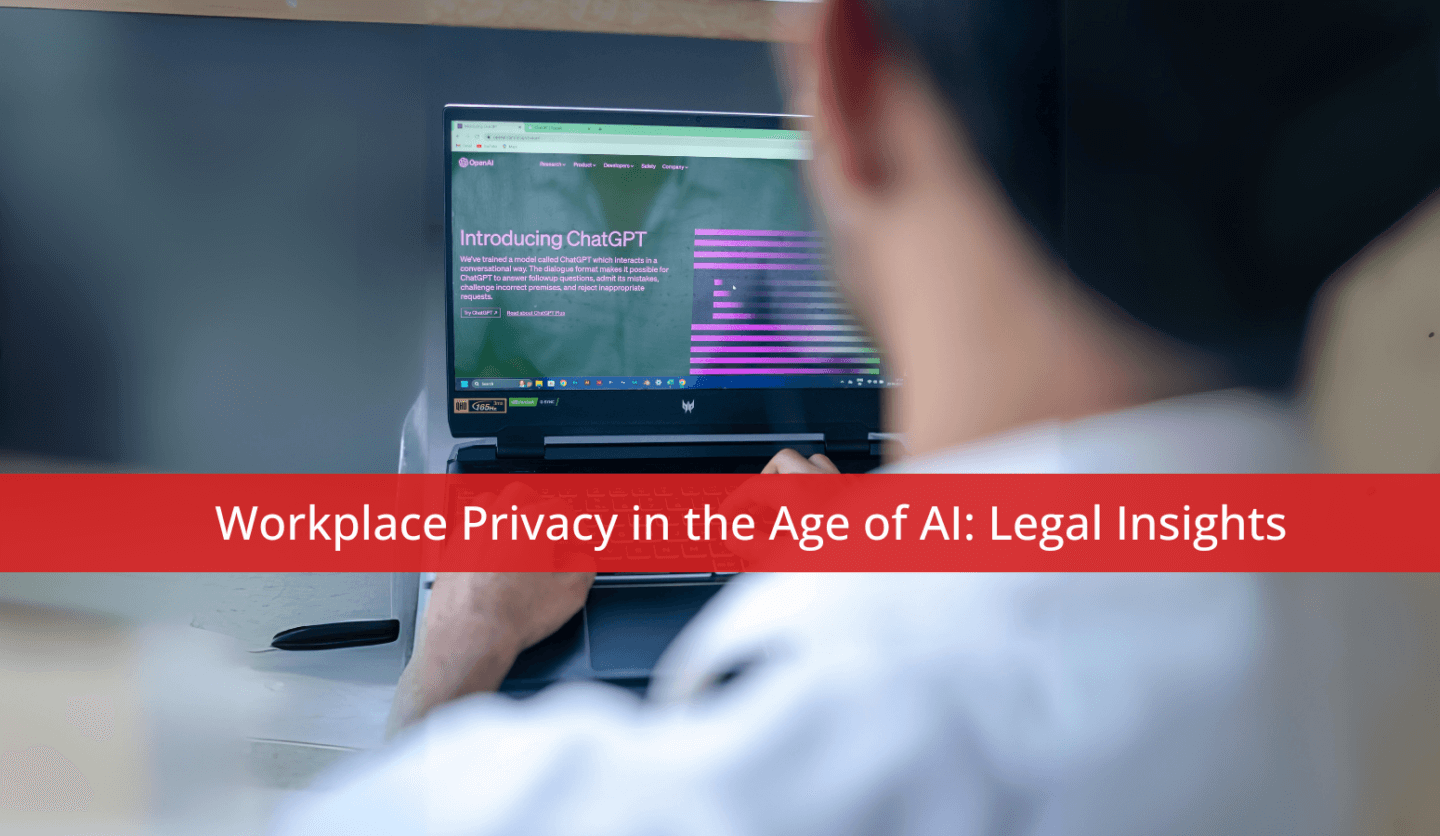
Workplace Privacy in the Age of AI: Legal Insights
How does AI impact employees’ workplace privacy?
Artificial intelligence (AI) has been all over the news recently. It promises to transform the way we work, and its effects are being seen in various industries. How does this impact employees’ privacy at work? And is the law keeping up?
Since 2022, provincially regulated workplaces in Ontario with 25 or more employees have had to have a written electronic monitoring policy. This would include any electronic monitoring that utilizes AI. Crucially, however, this only requires a written policy to be created and distributed. There are no actual limits placed on the extent of electronic monitoring or what an employer can use this information for. Thus, an employee does not have much recourse if they feel their employer is overreaching in its surveillance, so long as it is declared.
What protections does PIPEDA offer regarding AI and workplace privacy?
More protection may be found in the Personal Information Protection and Electronic Documents Act (PIPEDA). Based on ten general fair information principles, its jurisdiction over privacy rights in the workplace predates the AI revolution. While it does apply to AI generally, there have been no changes adding specific provisions dealing with AI. Thus, AI-specific privacy issues could slip through the cracks with PIPEDA, particularly as we enter this brave new world.
Where is the law headed? Ontario is looking to mandate employers to declare if AI is used in hiring processes if it is publicly advertising a job position. However, the definition of AI for the purposes of the Employment Standards Act has not been laid out, making the scope of this protection unclear at the time of writing.
The federal government is seeking to enact the Artificial Intelligence and Data Act. While it still has a ways to go before becoming law, it is looking likely that this future legislation will place restrictions on the use of AI for “high-impact” decisions. This could include decisions regarding employment. As with the proposed provincial legislative changes, however, details are sparse as AI continues to develop at breakneck pace.
How can an employment lawyer assist in navigating AI-related privacy concerns for employees?
Times of transition often create many legal grey areas while legislation catches up. An experienced employment lawyer can walk you through your privacy rights and help you figure out if your employer’s use of AI is above water legally. If you would like more information on how Whitten & Lublin can help protect your privacy as an employee, please contact us online or by phone at (416) 640-2667 today.
Author – Sohrab Naderi



